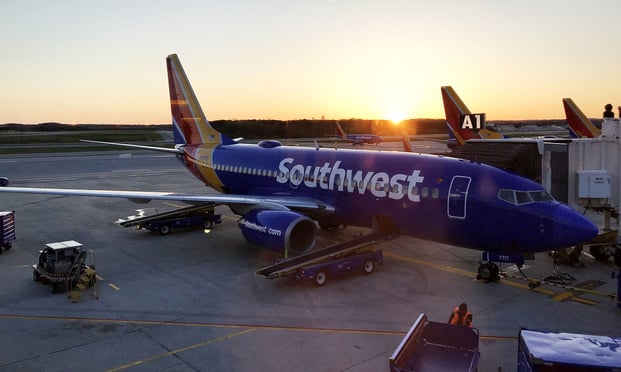About The Author

Lynn Varacalli Cavanaugh is Senior Editor, Retirement at BenefitsPRO. Prior, she was editor-in-chief of the What's New in Benefits & Compensation newsletter. She has worked for major firms in the employee benefits space, Vanguard and Willis Towers Watson, as well as top media companies, including Condé Nast and American Media.
CONNECT WITH THIS AUTHOR
February 03, 2025
February 03, 2025
January 31, 2025
January 30, 2025
January 30, 2025
Market Insights
‘Sandwiched’ Gen X is staying in the workforce longer: What does that mean for their retirement?
January 29, 2025
Market Insights
Women must take ownership of their retirement journeys, says financial expert: Here’s how
January 28, 2025
Research
Americans know their financial options, but aren’t using them: Can employers, advisors have impact?
January 28, 2025
Trending Stories
- 1Stop HSA Headaches: Helping Clients Choose the Right Provider
- 2Armed man causes UnitedHealthcare buildings to lock down
- 3Trump tells DOL to develop PBM transparency regulations to lower drug prices
- 4Biden breaks silence to slam Trump over Social Security cuts
- 5Alternative Health Plan Designs: Key to Keeping Employers in the Market?











